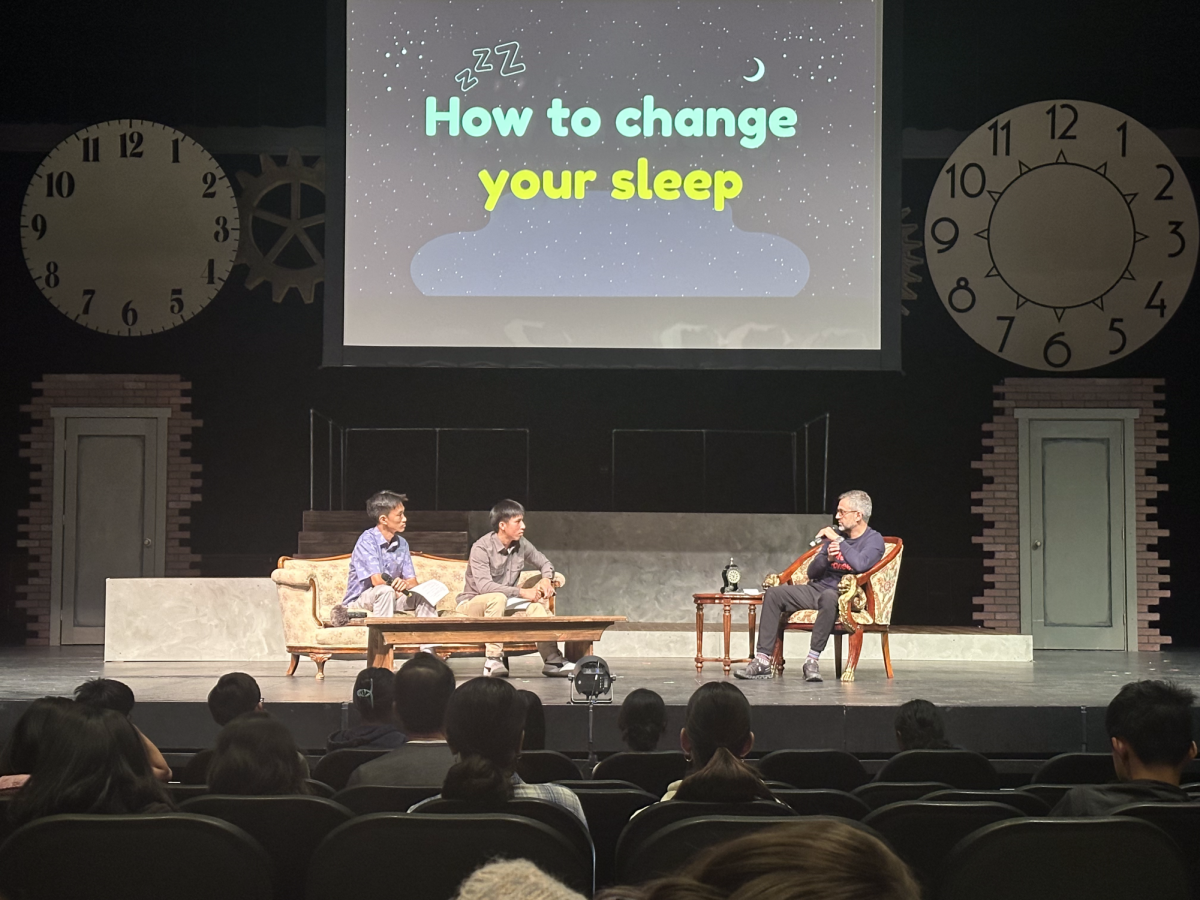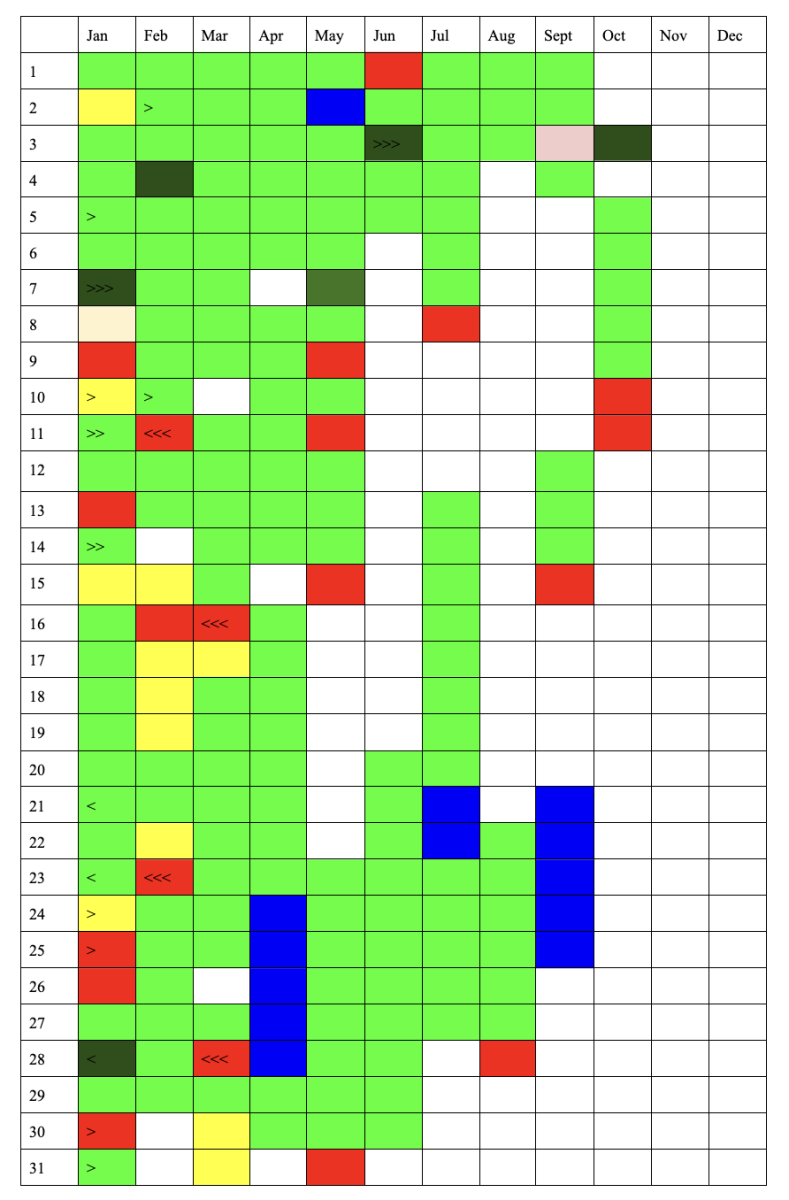Raise your hand, raise your grade. Incredible, but true — at least in some classes.
I am, of course, talking about “participation points.” Through my year and a half at the school, it is becoming increasingly and annoyingly evident that those who make the most noise in class are rewarded, and those who remain quieter see their “participation points” plummet on Aeries.
So much for "Empty vessels make the most noise."
At the school, at least as far as participation goes, quantity is often valued over quality. With just a pen and clipboard in hand, many teachers make tallies of how often a student participates in a day. As a result, in a discussion, students often fight to be called upon, even when their ideas are illogical, irrelevant and quite frankly, nonsensical.
Participation for participation’s sake is a weak and shallow way to measure true engagement. It should more aptly be called disruption. “Participation” should perhaps be replaced by “contribution,” with penalties for repeated and meaningless “disruptions.” It is an idea worth considering.
The beast of participation grades preys on the more introverted among us who demonstrate their understanding of the material primarily through tests, assignments and small group discussions. We all know those students — the few that there are — who keep their mouths shut for the better part of the semester. Then, one fine day, such a student shares an idea so extraordinarily profound that it leaves the class dumbfounded.
We mark these students as “the smart ones” and value their few but insightful contributions over all else. At the same time, we are aware that it is unlikely that these select students will score even an average participation score at the end of the semester. It is unlikely, and unjust.
I realize that quality is harder to judge than quantity, but that is the nature of humanities.
I have often wondered why there are no participation points in math or science. Could it be that math and science subject matter is so objective that there is no room for “opinions”?
What is it about something as fact-based as history or geography that our collective knowledge and understanding will somehow benefit from individual participation? I can better understand the value of participation when discussing a classic novel or learning a new language, but less so otherwise.
I admit I am still disgruntled about my participation grade last semester in an unnamed subject, in which I fell short of the next grade by less than a 20th of a percent — all because of a category that is subjective — “discretionary” as I ever so politely put it to the teacher. I won’t deny that upon seeing my grade, I was, in the words of Erich Maria Remarque in “All Quiet on the Western Front,” “at first astonished, then embittered, and finally indifferent.”
Participation is one of those well-intentioned ideas that is overvalued: How likely is it that someone who is relatively clueless, but manages to get a boost off of their participation grades, actually has something consistently valuable to add in class discussions? Could participation be subject to abuse, not only by students ensuring that they make a racket, but also by teachers rewarding their pets?
Perhaps participation grades are meant to simply keep students attentive and engaged. But why should a teacher care about this if students can demonstrate their understanding through tests, essays and projects?
Think about it. In the meantime, keep your hand high, even if you have only blather to contribute. Your grade depends on it.

























